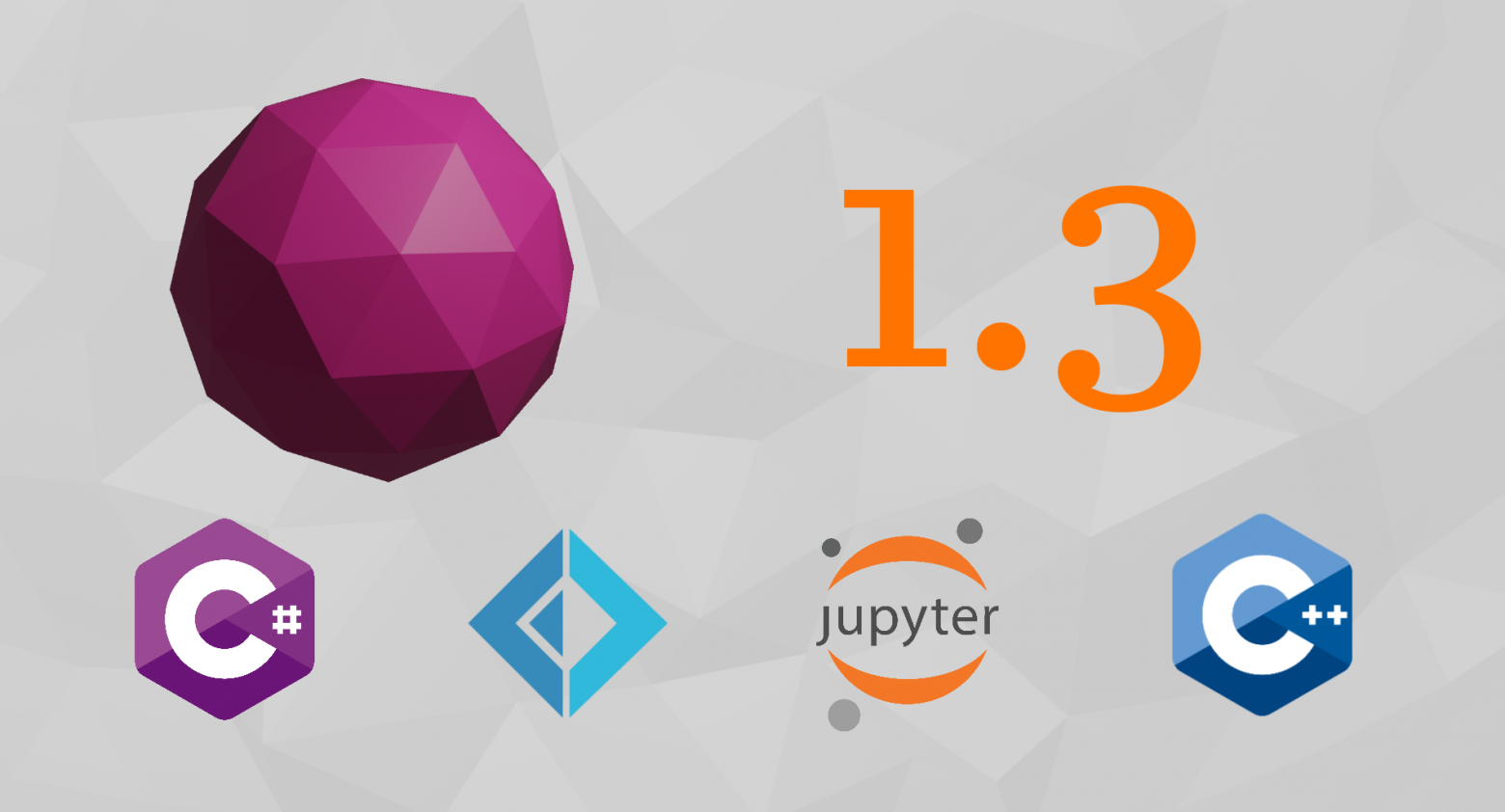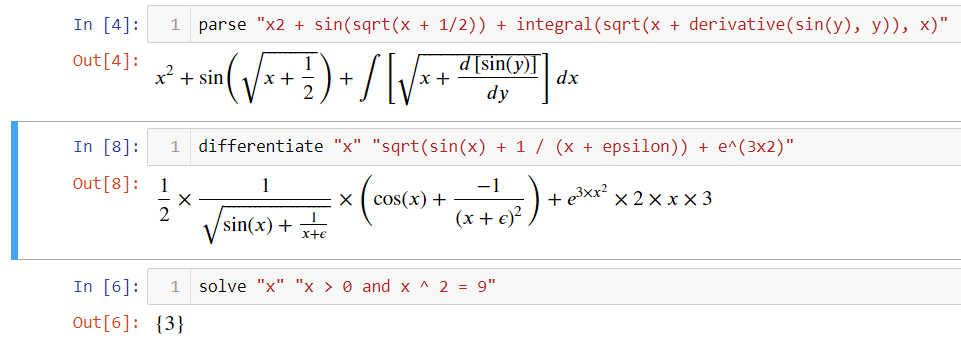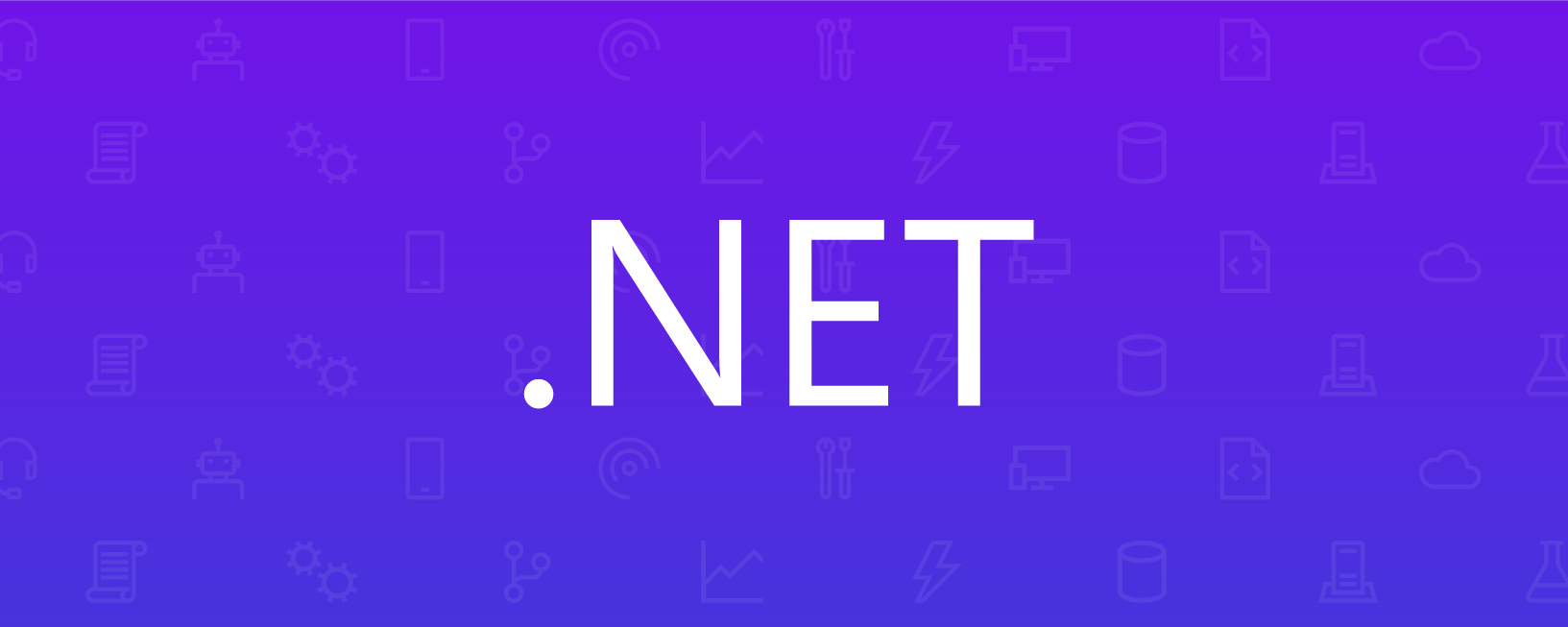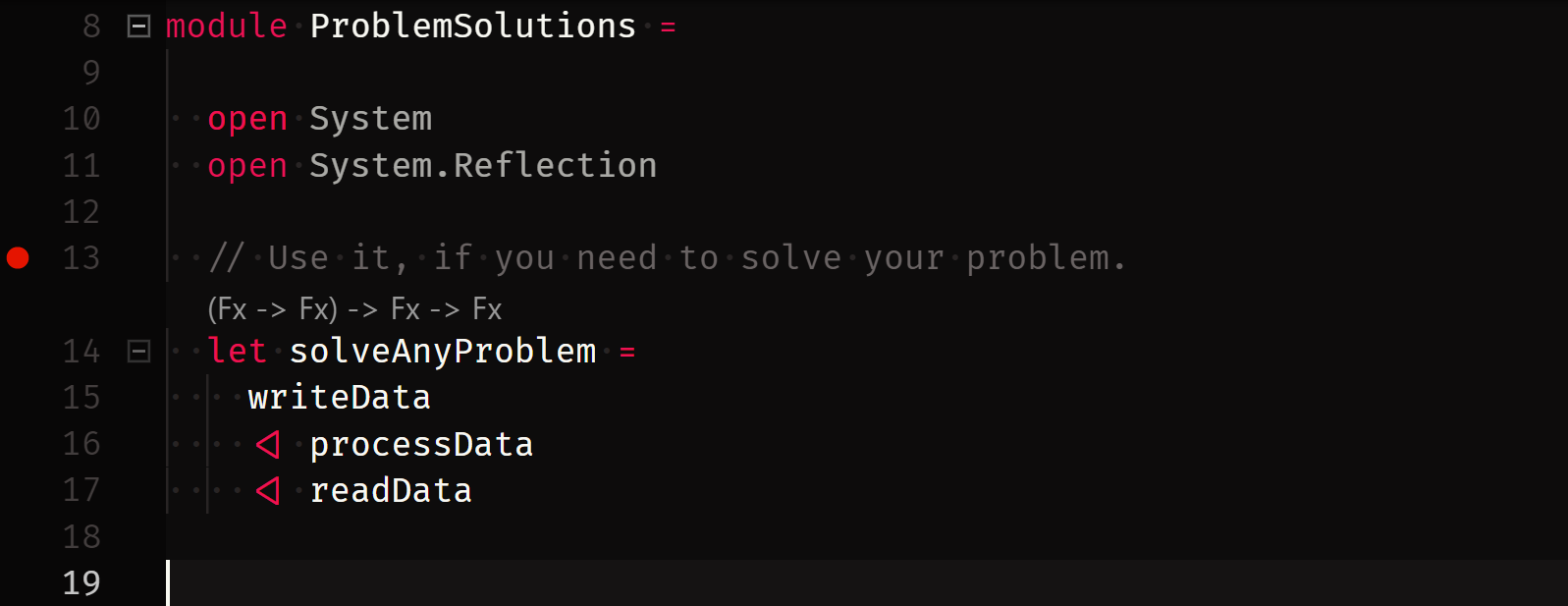
Four months of awesome work together with a few new contributors finally result in a new major release, which I'm happy to announce about.
Now we get completely new matrices, improved parser, a lot of new functions, almost rewritten interactive package (for working in Jupyter) and many more.
This article about a big update in a FOSS symbolic algebra library for .NET, I hope it may be interesting for someone!






